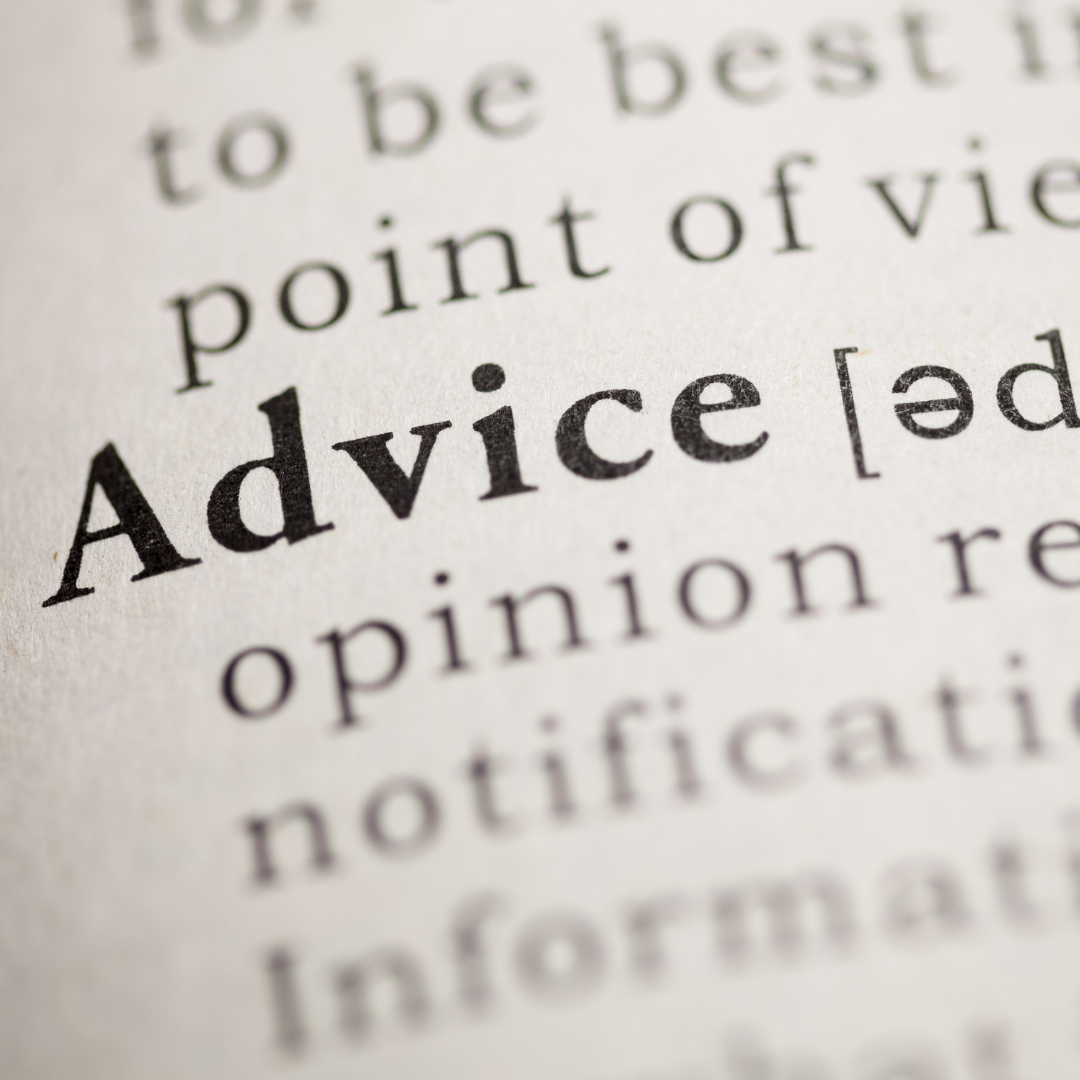
I have somehow found myself on the journey to becoming a counsellor. I think it might have started as a joke as friends and colleagues would come to me for advice and comfort on a bad day. Four years later, I am almost qualified.
One of the biggest revelations from my training is that when people tell you their problems, even sometimes when they are asking for advice, they don’t actually need or want your advice.
I’m sure we’ve all had that situation with a friend post-breakup where we’ve said, ‘don’t go back’, ‘we never liked him anyway’ only to have to walk it back days later. Awkward!
We feel like it is our job as a good friend, a solid, dependable friend to offer good advice. It’s important that we know our favourite people well enough that we can become their sanity check. They need us. Actually, more often, we do it for us. We feel useful. We feel selfless. We are helping in the worst of times. Except, sometimes we’re not.
It turns out, when a friend shares their bad times with you, they are really asking you to listen. When they ask for help, they might think they want you to offer a solution. But what they really want is your support to do whatever feels right for them. Often, it is enough to just be with them. To be truly present. To check in. To care how they are feeling.
Dr Kalanit Ben Ari, a brilliant psychologist with a beautiful Instagram suggests instead that your role as a good friend is to help someone realise what they need or want rather than telling them what they should do. She shares these words of wisdom, “You can help a friend with the strategy to work through their situation, without actually giving them direct advice. If your friend really does need advice, consider how to help them to really listen to their own wisdom and reflect on their own experiences, to find their inner voice as this can really guide them towards what is right for them at this time.”
There are many easy ways to do this without offering a word of advice.
- Be present. You do not need to be there in person, but do be there with all of your attention.
- Be loving, be kind.
- Be patient. Sometimes things take time to process and need to be said more than once.
- Be open minded. This is not about you so try not to judge it based on what you think or feel.
- Be curious. It is good to explore the issue and bring new possibilities into a friend’s awareness without making them feel interrogated or defensive. You can do this by asking open questions.
- Be in their shoes. What feels right to you might not feel right for a friend. Share that this is hard for them. You might feel like you have had this experience in the past, but this is uniquely theirs – hearing your story can make them feel like you are done listening.
Learning how to empower someone to feel their feelings, to make their own decisions without feeling the need to fix is not easy. But it does make us a better friend.
Worth a go?
